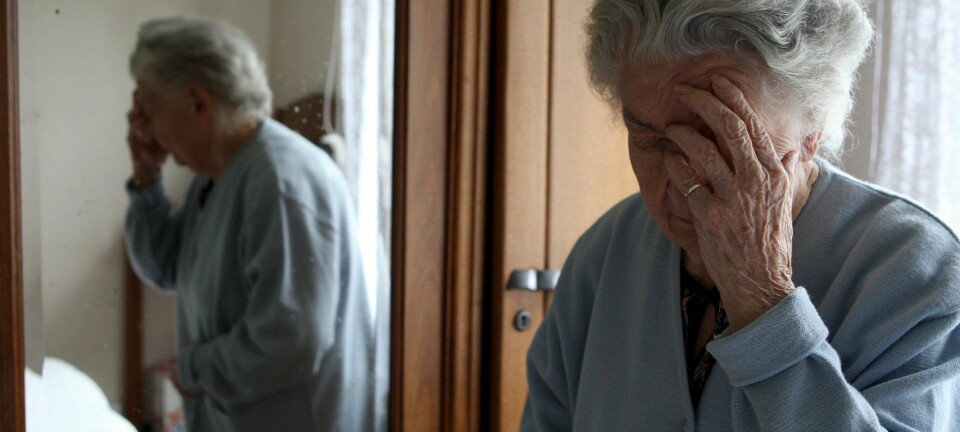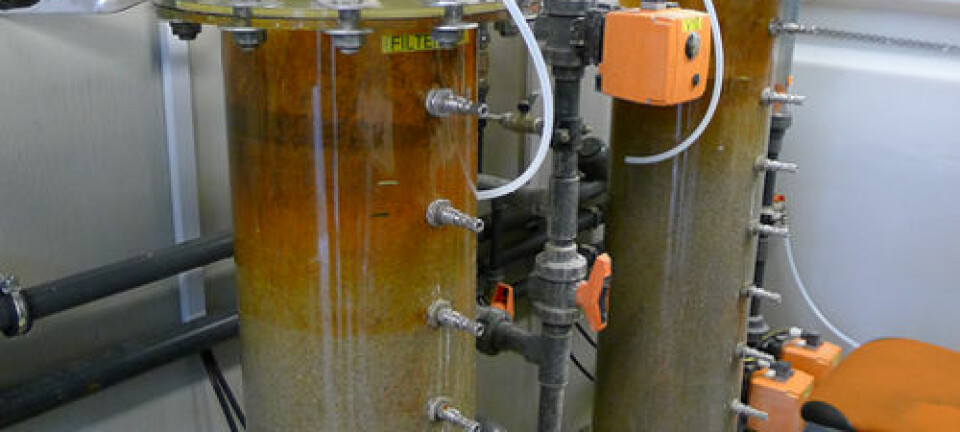
Lithium in drinking water could protect against dementia
Fewer people suffer from the disease when they drink water containing higher concentrations of lithium
New research shows a possible connection between the concentration of lithium in drinking water and the risk of developing dementia.
Scientists from the University of Copenhagen, Denmark, have analysed data from 800,000 people between the ages of 50 and 90 from around Denmark, out of which, 73,731 have dementia.
They also measured the lithium content of drinking water from 151 sites around the country and saw that people from areas where lithium concentrations were highest (over 15 micrograms per litre) had a 17 per cent reduced risk of dementia.
The results are published in JAMA psychiatry.
Read More: This is what Alzheimer’s looks like
Lithium used to treat bipolar
The new study reports a statistical correlation and while it suggests that lithium protects against dementia, it could also be associated with other environmental factors in the areas where the concentration of lithium happens to be highest.
But lithium is already known to influence a number of processes in the brain and is used to treat depression and bipolar.
Lars Vedel Kessing, a professor in clinical medicine at the University of Copenhagen and lead-author on the new study has previously published research that showed high concentrations of lithium in medications could protect bipolar patients against dementia.
In the study he reported that patients with depression and bipolar had a lower risk of developing Alzheimer’s disease if they had taken lithium-rich medication for a number of years.
Lithium has also been reported as a useful treatment in preventing suicides, while also reducing the risk of suicide among people who drink tap water with higher levels of lithium.
Read More: How psychiatry was revolutionised by a treatment discovered in a shed
Results grab international media attention
This is the first time that scientists have linked lithium in drinking water with the risk of developing dementia.
There are no known cures that can treat and halt the development of Alzheimer’s and so the new results have caught the attention of international media.
“This is a really intriguing study,” says Professor Simon Lovestone from the Department of Psychiatry at Oxford University, UK, speaking to the BBC.
David Reynolds from the charity Alzheimer's Research UK agrees.
“It is potentially exciting that low doses of a drug already available in the clinic could help limit the number of people who develop dementia,” he said to the BBC.
But scientists agree that more research is needed before they can say for sure whether it is lithium in drinking water that can explain the link.
Read More: Research gives clean drinking water for millions of Vietnamese
Most lithium in East Denmark
Scientists from the Geological Survey of Denmark and Greenland (GEUS) measured the lithium concentration of Danish drinking water for the first time and it was these data that were subsequently used in the new study.
“Lithium is found naturally in Danish groundwater, but only in low concentrations. Some countries have much higher concentrations,” says Jörg Schullehner, a postdoc at GEUS, who is one of the scientists behind the nationwide drinking water lithium mapping, a study that is published in the scientific journal Geosciences.
According to Schullehner, East Denmark contains the highest lithium concentrations, while West Denmark has the lowest.
It’s unlikely that authorities will add lithium to drinking water in regions where concentrations are low, says Schullehner.
“In Denmark, our policy is to treat groundwater as little as possible before it becomes drinking water. As a rule we do not add anything,” he says.
------------------
Read more in the Danish version of this story on Videnskab.dk
Translated by: Catherine Jex
Scientific links
- 'Association of Lithium in Drinking Water With the Incidence of Dementia', JAMA Psychiatry 2017. Doi: 10.1001/jamapsychiatry.2017.2362
- 'Exposure to Selected Geogenic Trace Elements (I, Li, and Sr) from Drinking Water in Denmark', Geosciences 2017. doi:10.3390/geosciences5010045









